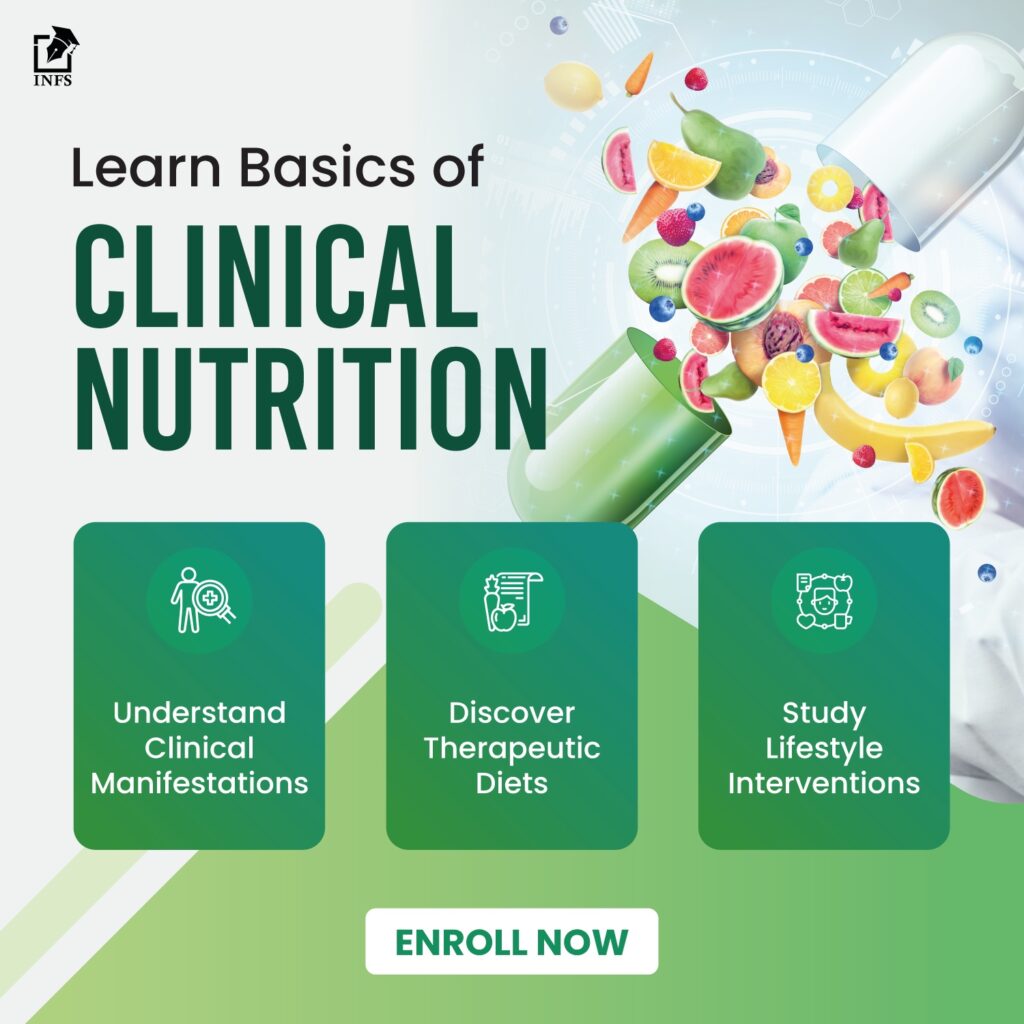
In this Internet age, hundreds and thousands of social media influencers and bloggers are seen providing nutrition advice to their followers without ever citing any evidence-based studies or research papers because the advice they provide is mostly made up by themselves or may be derived from a WhatsApp University forward message. Ever heard of lemon honey water or detox diets?
Just because these social media influencers have a huge fan following, they have received a celebrity status and have their Instagram, Youtube and other Social Media profiles verified with a Blue Tick, doesn’t mean everything they say ought to be true.
What these people don’t understand is the science behind creating a quantified meal plan. A plan that is sustainable in the long run, and does not keep you starving. The meal plan should be accompanied by a structured workout plan which has to be customized for each individual according to their goals and body.
A Registered Dietician who has completed B.Sc in Nutrition and Dietetics, is equipped with the knowledge to diagnose, treat and cure medical conditions mainly. They can support your fat-loss goals (mainly through creating a diet deficit, with generally no regard to quantified dieting or macro calculations). Further, most of them do not understand how muscle gain can be optimized. But honestly, it is not their forte.
So, can a Personal Trainer, Health and Fitness Coach and other non-registered dieticians give nutritional advice to their clients? Well, the answer is “Yes”. But hold on, don’t just call yourself a Nutritionist or a Dietician and start giving diet plans! There are certain things you need to keep in mind first.
What is the difference between a Registered Dietician/ Nutritionist and a Non Registered Dietician/Nutritionist?
 To become a Registered Nutritionist / Dietician, one has to complete a degree course in Home Science or B.Sc with six months of internship or in some countries even work in a hospital for at least 2 years. After that, a Registered Dietician can practice in a hospital or a clinic. A Registered Dietician will guide their patients to treat, cure or diagnose a disease or health condition by prescribing the right type of dietary food intake or medicines required on a case-to-case basis. For example, a person suffering from osteoporosis would have different dietary requirements than a person suffering from diabetes.
To become a Registered Nutritionist / Dietician, one has to complete a degree course in Home Science or B.Sc with six months of internship or in some countries even work in a hospital for at least 2 years. After that, a Registered Dietician can practice in a hospital or a clinic. A Registered Dietician will guide their patients to treat, cure or diagnose a disease or health condition by prescribing the right type of dietary food intake or medicines required on a case-to-case basis. For example, a person suffering from osteoporosis would have different dietary requirements than a person suffering from diabetes.
Whereas a Personal Trainer, Health and Fitness Coach and other Non Registered Nutritionist / Dietician cannot prescribe food, supplements, or medicines, treat, cure, or diagnose a disease or any medical condition. Therefore, if you’re not a Registered Dietician / Nutritionist, you cannot prescribe diet plans to treat or diagnose any medical conditions and you cannot prescribe supplements to treat or diagnose any medical conditions that your clients may have.
For example, you cannot say “Following this diet plan will help you cure your diabetes, thyroid, PCOD/PCOS, obesity or any other disease”.
What can’t a non-registered dietician/nutritionist do?
So if you’re not a Registered Dietician / Nutritionist, and a client comes to you asking for a diet to treat his diabetes or any other disease, let us be clear that you’re not legally authorized to prescribe them a diet plan or any supplement to treat, cure or diagnose their health conditions. Don’t suggest any supplements which are not backed by science, for example, fat burners. Don’t prescribe or suggest any anabolic steroids to your clients in any case!
What can a non-registered dietician/nutritionist, or nutrition consultant do?
 But, what you can do is give them a diet plan as long as your diet plan is not given in the form of diagnosis, treatment, prescribed plan, or trying to treat or cure a medical condition. Instead, you can use phrases such as I Recommend, Advise, Suggest, Propose or Urge and then relate it with their fitness goals instead of anything that can have medical consequences.
But, what you can do is give them a diet plan as long as your diet plan is not given in the form of diagnosis, treatment, prescribed plan, or trying to treat or cure a medical condition. Instead, you can use phrases such as I Recommend, Advise, Suggest, Propose or Urge and then relate it with their fitness goals instead of anything that can have medical consequences.
For example, you can say “I recommend you to follow this diet plan to achieve your goal of “gaining muscle mass” or “losing fat”.”
It is also recommended to complete the daily macros of your clients through whole foods as much as possible with the minimal use of supplements. However, if you’re including supplements in your clients’ diet, you can refer your clients to use any daily multivitamin, any fish oil with around 1000 mg (DHA+EPA) Omega 3 per softgel and any whey protein with an average of 80% whey protein per scoop/serving and maximum 1-2 gram carbs per scoop/serving.
*Remember to always ask your clients for any health conditions they might already be suffering and if their answer is no, still always ask your clients to consult a doctor before starting any diet and workout regime suggested by you. Make it clear that you are not a doctor and you do not claim to treat, cure or diagnose any disease.
PS: This post is created keeping in mind the Indian laws. If you are based in any other country, you need to check the local laws to make sure this aligns.
Author : Aditya Sehgal, Legal Advisor INFS & FITTR
LEARN THE BASICS OF CLINICAL NUTRITION
ENROLL NOW
